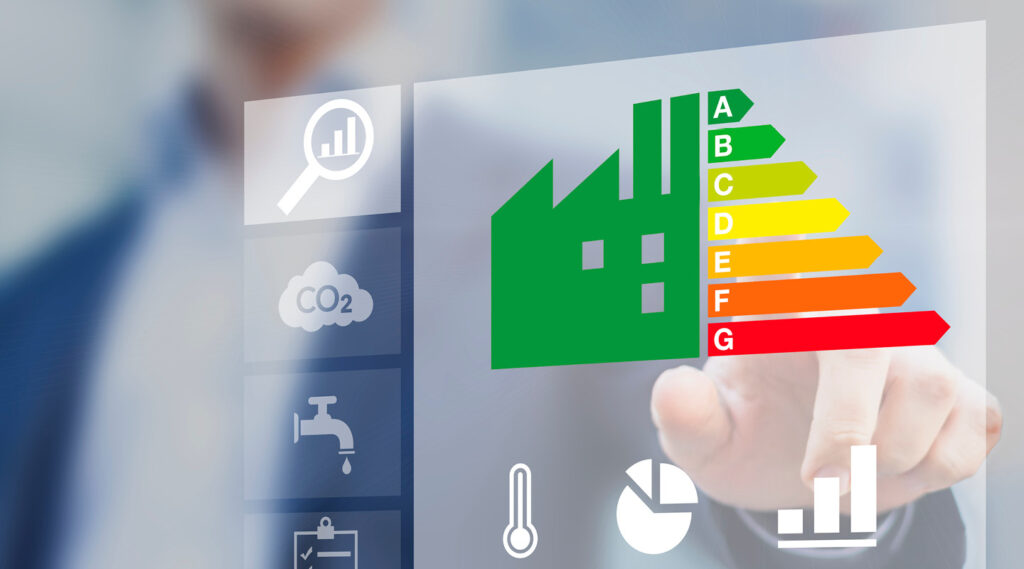The roles of facility managers, operations managers, and energy managers are becoming increasingly complex and demanding. As professionals in manufacturing, industrial sectors, energy and utilities, and commercial and public infrastructure, they face the twin challenges of driving energy efficiency and managing costs, all while navigating the complexities of automation systems and adhering to sustainability and environmental compliance. The rapid advancement in smart and sustainable energy solutions, coupled with the digital transformation in industrial automation and building management systems, offers a promising landscape to address these challenges effectively.
Energy Efficiency and Cost Management
At the core of these challenges lies the need for improved energy efficiency and stringent cost management. In an era where operational costs are escalating and the need for sustainable practices is becoming more pronounced, facility and energy managers are under immense pressure to optimize energy consumption. This requires a delicate balance between maintaining high levels of operational efficiency and minimizing energy waste. Advanced energy management systems have become crucial in this regard, offering real-time monitoring and actionable insights that help in making informed decisions to cut down unnecessary energy usage and costs.
Tackling the Complexity of Automation Systems
The integration of automation systems in industrial settings has revolutionized how operations are conducted, but it has also introduced a layer of complexity. Operations managers are now tasked with overseeing systems that are more advanced, interconnected, and sometimes, daunting to manage. The key to navigating this complexity lies in understanding the interplay between various automation components and leveraging technology to streamline processes. This includes the adoption of IoT devices, sensors, and smart controllers that work in unison to create a cohesive and efficient operational environment.
Ensuring Sustainability and Environmental Compliance
Sustainability and environmental compliance have become more than just regulatory requirements; they are now integral to the ethos of any forward-thinking organization. Industry professionals must continuously seek ways to reduce their environmental impact while maintaining operational efficiency. This involves implementing green practices, such as utilizing renewable energy sources, and investing in technologies that minimize carbon footprints. Additionally, adhering to environmental regulations requires staying updated with the latest standards and proactively integrating these into operational practices.
The Role of Circuit Breakers in Safeguarding Industrial Operations
In this complex industrial ecosystem, the role of circuit breakers becomes pivotal. As inconspicuous as they might seem, these devices are fundamental in protecting sophisticated electrical equipment and automation systems from potential damage due to electrical faults. Their ability to prevent overloads and short circuits is crucial in maintaining the integrity and continuity of industrial operations, ensuring that the high standards of safety and efficiency are consistently met.
Smart Energy Solutions: The Path to Digital Transformation
The shift towards smart and sustainable energy solutions marks a significant stride in the digital transformation journey for many industries. By embracing these technologies, facilities can improve their energy management, automate key processes, and gain valuable insights into their operations. Smart energy solutions, such as intelligent lighting systems, HVAC controls, and energy storage systems, are not just about reducing energy consumption; they are about optimizing the entire energy ecosystem within an industrial setting.
Building Management and Automation Systems: A New Era of Efficiency
Building management and automation systems have become indispensable tools in modern industrial and commercial facilities. These systems provide a centralized platform to control various aspects of a building’s operations, from energy usage to security and environmental controls. By integrating these systems with advanced analytics and AI, facility managers can predict and address potential issues before they escalate, ensuring a smooth and efficient operation.
Conclusion
For professionals in sectors like manufacturing, energy and utilities, and commercial and public infrastructure, the challenges are many, but so are the opportunities. By leveraging the right mix of smart energy solutions, embracing digital transformation in automation, and staying committed to sustainability, they can address their pain points effectively. The journey towards a more efficient, sustainable, and cost-effective future is complex, but with the right strategies and tools, it is well within reach.











